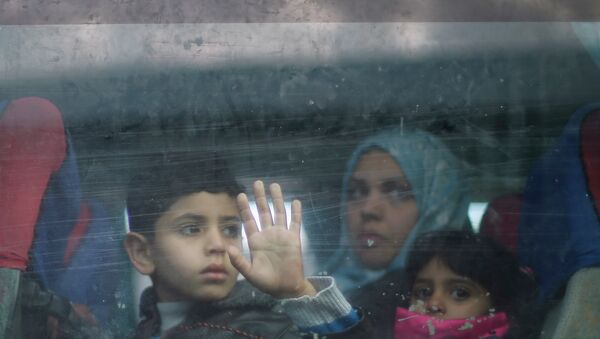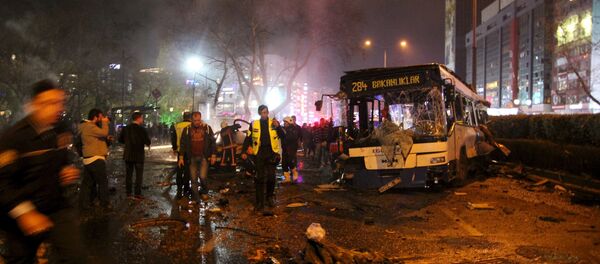On Wednesday, the Palestinian Bureau of Statistics released a startling new report finding that the number of working children (ages 10-17) has increased to 9,700 in the Gaza strip over the past five years, with 2900 of the workers under the age of 15. Leading Gaza economists, however, estimate the real figure is at least twice this number.
One of these child workers is 16-year-old Haitham Khzaiq, a young man forced to leave school six months ago to sell candy apples to visitors at Gaza’s seaport. Khzaiq works seven days a week and makes 20 shekels, or about $5, per week.
The young man remains upbeat saying, "I don’t earn enough but it is better than nothing and it is better than begging people for money." Khzaiq, the oldest son in his family, explained that he was forced to work after his father lost his job. He hopes to be able to support his four brothers and eight sisters.
Two other child workers are 16-year-old Mahmoud Yazji and another young boy who refused to give his name but claimed he is 12. The two friends work together nine hours a day, seven days a week. Mahmoud says that he earns $13 per week while his young friend earns less than half that amount.
Mahmoud explains that he works not because of an unemployed parent, but rather because his parents don’t make quite enough to make a living in the rough, corrupt territory. "My father makes 1,000 shekels ($258) a month, but it disappears in a few days and we struggle for the rest of the month."
According to the United Nations, Gaza’s unemployment rate has sharply risen to 43%, compared to 35% only five years ago. Further, according to one UN study, over 80% of Gaza’s residents are dependent on foreign aid for survival.
The situation has worsened in the Gaza Strip in recent years after the Israeli government instituted a blockade of goods and services, creating relentless poverty in the territory. In recent years, Egypt has also instituted economic measures against the residents of Gaza.
The Israeli regime denies that about 1.9 million people in Gaza are denied basic human rights such as freedom of movement, proper jobs, and adequate healthcare and education. However, every reputable international study conducted by NGOs and the United Nations finds the repression in Gaza Strip to be among the worst in the world.





